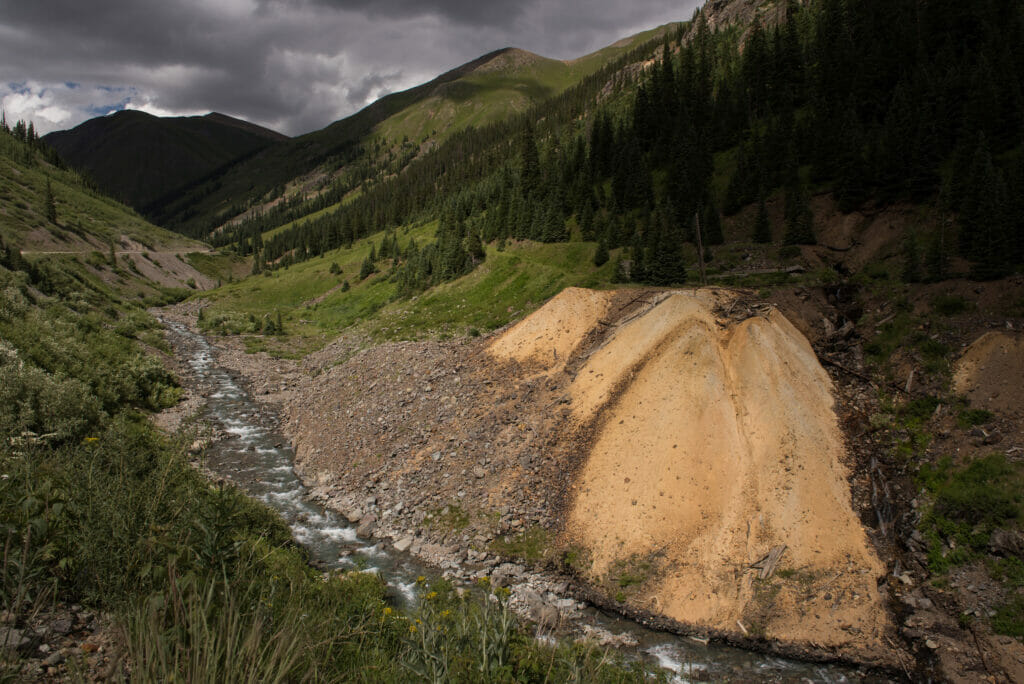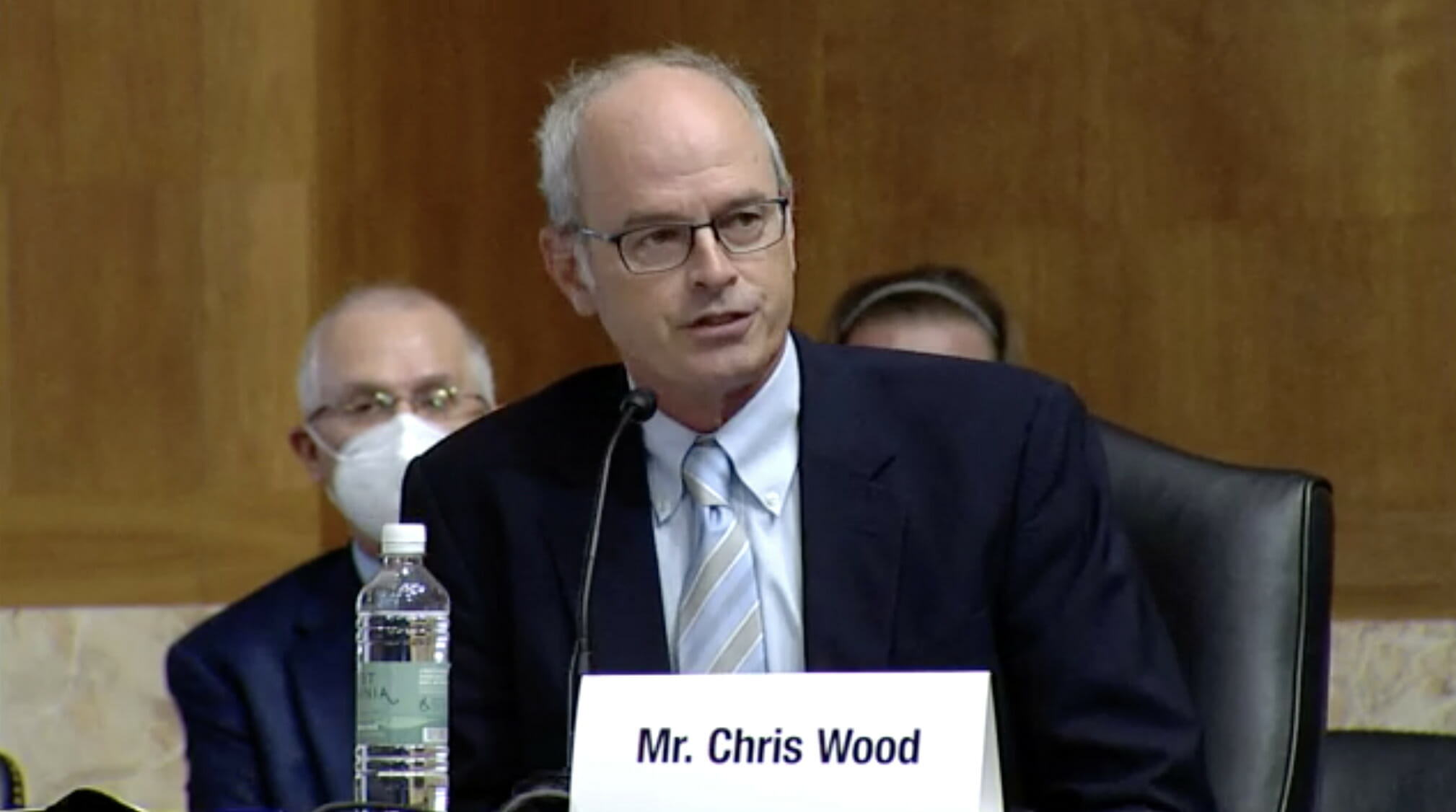Abandoned hard-rock mines create some of the most significant water quality problems facing our country, but in Congress we have an opportunity to invest in cleaning up pollution of the past, while modernizing our mining laws so we don’t face the same issues in the future. With an estimated $54 billion in cleanup costs and tens of thousands of abandoned mines polluting our lands and waters, action is long overdue.

Today, Trout Unlimited president and CEO Chris Wood testified before the Senate Committee on Energy and Natural Resources about the profound need for reforms to jump-start the cleanup of centuries-old mining waste while also ensuring a more responsible future for hardrock mining.
Two hurdles were front and center in Wood’s testimony.
Lack of dedicated funding
“We applaud the committee for including in its bipartisan infrastructure package a proposal to provide $3 billion in funding for a new abandoned hard rock mine reclamation program. That’s a great start. But tens of billions of dollars are needed to make our lands, waters, and communities healthier.
Unlike just about every other commodity that is developed from public lands, there is no excise tax, royalty or fee associated with the production of hard rock minerals that is allocated toward restoration and remediation. We need a reasonable royalty to fund clean-up of legacy sites.
Good Samaritan liability
“When groups such as Trout Unlimited—groups that have no legal or historic interest in creating the pollution—want to clean up abandoned mines, they become part of what the lawyers call ‘the chain of custody.’”
Simply put, the Clean Water Act and CERCLA—two of our nation’s most important environmental laws—treat those who want to clean up abandoned mines as if they are polluters themselves. Passing Good Samaritan legislation would protect groups like TU from that liability, allowing them to remediate many more miles of streams.
While much of the recent discourse in the Capitol has focused on differences, the hearing was marked with agreement on key issues.
U.S. Sen. Lisa Murkowski highlighted the partnership between Trout Unlimited and Kinross Gold to clean up historical mine impacts on Resurrection Creek near Hope, Alaska, noting that if mining companies and conservation groups can work together, then Democrats and Republicans can do the same.
All the witnesses, representing both industry and conservation, supported some form of a hard rock royalty, and there was universal agreement that we need to advance Good Samaritan legislation. With this common ground, the contours for reform are in place for stakeholders to work together on solutions. As Wood said, there is no constituency for abandoned mines. The details matter, but there is a broad commitment to clean up the mistakes of the past while charting a more sustainable path forward.
Read Wood’s full testimony here.



